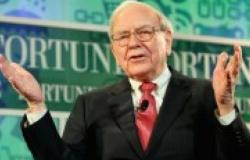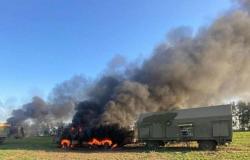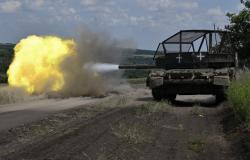It will be a G7 that resembles a G20. In Puglia there will not only be the leaders of industrialized countries but, in addition to the Pope, also African Heads of State and big shots from the South of the world such as the Indian Narendra Modi and the Brazilian Luiz Inacio Lula da Silva. The result of the attempt by the Italian presidency not to let go of the red thread of the «Mattei Plan», but above all of the desire to adapt an international format born way back in 1975 to the reality of a planet that the Ukrainian war has made even more multipolar and in which Russia and China play a now declared role as adversaries.
Everything will be talked about in Borgo Egnazia and the great global leaders will have to try to put aside their domestic concerns. Because many of the protagonists arrive in Italy with noticeable dents: from Emmanuel Macron to Olaf Scholz, veterans of the disastrous European elections, up to Rishi Sunak, who in the political vote on July 4th has put his own political survival at stake, without forgetting Joe Biden, hanging on to polls that seem to condemn him.
Everyone will have to deal with the other illustrious presence, that of Ukrainian president Volodymyr Zelensky. It is on this front that the most concrete results are expected. A couple of weeks ago the official statement from the G7 financial ministers, meeting in Stresa with the governors of the central banks, put it in black and white that there had been significant progress on the hottest topic: the use of Russian assets seized in Europe at the outbreak of the conflict in February 2022.
For over two years we have been discussing what to do with it. And now, finally, the agreement could arrive. What makes the agreement difficult is an important detail: the Americans are the most determined in their desire to get their hands on the money, but practically all of the almost 300 billion dollars frozen in the Kremlin are in Europe, around 240 billion concentrated in a Belgian law, Euroclear, specialized in the settlement of international financial transactions. Every seizure risks making the USA happy but having repercussions on European countries, a potential object of Russian revenge, perhaps through some jurisdiction friendly to the aforementioned South of the world.
The details of the solution that the “big guys” have been working on for weeks are not yet known. There is certainly a US project on the table, developed under the supervision of Treasury Minister Janet Yellen: the Americans would be the ones to move firsthand with a loan obtained thanks to the issue of bonds for 50 billion (but, according to some variants of discussed, the World Bank could issue the loan). The Ukrainians would immediately proceed to cash in, the Russian assets frozen in Europe would serve as collateral, the profits from the assets would also give the possibility of paying coupons to the subscribers. All while waiting for a peace conference in which the Russians should one day participate to promote the true reconstruction of Ukraine.
The hypothesis on the table would have the advantage of reducing the responsibility of European countries to a minimum, but even in this case the devil is in the details. The Americans would like the certainty of financial flows arriving from Europe, but the sanctions with which the assets have been frozen are renewed by the EU every six months. It would be enough for a country “friendly” to Moscow (the Americans point the finger at Viktor Orbán) to get involved on one occasion to make the necessary unanimity between the 27 missing and jam the mechanism. These guarantees are being worked on right down to the last minute: if an agreement were reached, the EU would renounce the plan already underway which provides for the sending to Ukraine of the extra profits so far deposited in Belgium (the first tranche is scheduled for July) .
If an agreement is not reached, the talks will continue to the bitter end: the Conference for Peace in Switzerland is already scheduled for the weekend in Lucerne.
Ukraine (90 countries will be represented). From Monday it will continue, albeit in a more restricted setting: the first meeting between prime ministers and EU heads of state after the vote is scheduled for Brussels. Diplomacy never stops.






